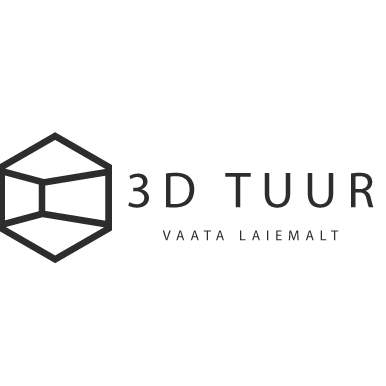The future of hospitality: virtual reality tours
Virtual Reality (VR) is an immersive digital experience that simulates a real or imagined environment. It allows users to interact with a 3D world, offering a sense of presence within a virtual space. In the context of hospitality, VR has the potential to revolutionize how businesses showcase their offerings and engage with customers.
The hospitality industry has begun to embrace VR, with applications ranging from virtual tours of hotel rooms and event spaces to interactive experiences that preview destinations and attractions. This technology is rapidly becoming a vital tool for marketing and customer service in the sector.
The Advantages of Virtual Reality Tours for Hospitality Businesses
VR tours provide an immersive preview of what guests can expect, creating a memorable and engaging experience that can influence booking decisions. They allow potential customers to explore spaces and amenities in detail, fostering a connection before they even arrive.
With VR, geographical barriers are eliminated. Customers from around the world can virtually visit a property or venue, making it more accessible to a broader audience and expanding the market reach for businesses.
Virtual tours can be a cost-effective marketing tool, reducing the need for physical showings and printed materials. They can be easily shared across digital platforms, increasing visibility and engagement with minimal additional investment.
Offering VR tours can differentiate a hospitality business from competitors, showcasing a commitment to innovation and enhancing the overall brand image.
How Virtual Reality Tours Work
VR tours utilize a combination of 360-degree photography, video, and software to create interactive experiences. Users can navigate through virtual spaces using VR headsets or through web and mobile interfaces.
Creating a VR tour involves capturing high-quality images and videos of the space, stitching them together to create a seamless experience, and integrating interactive elements that allow users to engage with the environment.
Incorporating VR tours into marketing and customer service strategies can enhance online presence, provide valuable insights through analytics, and improve conversion rates by offering an innovative way to experience a brand.
Challenges and Considerations
Implementing VR requires an understanding of the technology and the right equipment. Businesses must ensure that their VR content is compatible with various devices and platforms to reach a wide audience.
Creating a user-friendly and accessible VR experience is crucial. This includes considering the ease of navigation, load times, and the quality of the visuals to prevent discomfort or disorientation.
While VR is gaining traction, widespread adoption in the hospitality industry is still in its early stages. Businesses must consider the cost of investment and the training required to effectively implement VR tours.
The Future of VR in Hospitality
As technology advances, we can expect VR to become more sophisticated, with features like haptic feedback and improved interactivity. This will likely lead to even more compelling and realistic virtual experiences.
The COVID-19 pandemic has accelerated the adoption of virtual experiences. As the industry recovers, VR tours will play a significant role in reassuring guests and providing safe ways to explore offerings.
VR has the potential to become an integral part of the hospitality experience, from planning to post-stay. It could reshape how businesses interact with customers, offering new opportunities for personalization and engagement.






Comments (0)